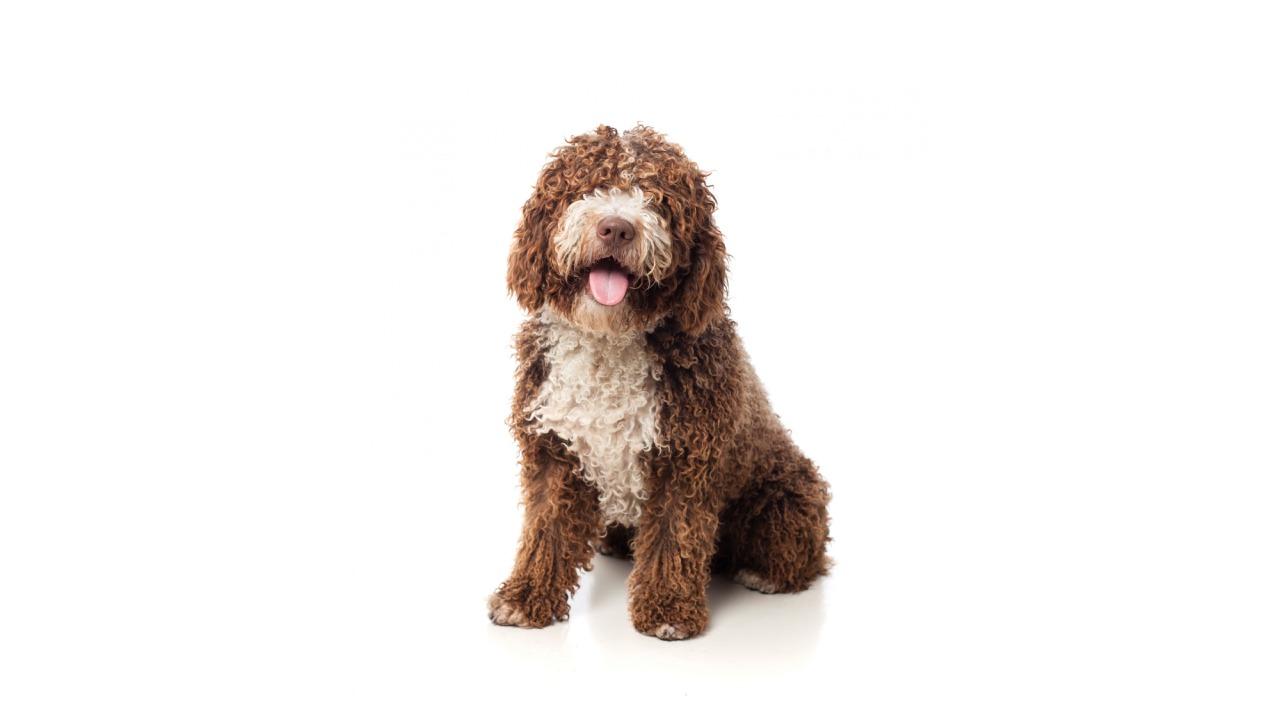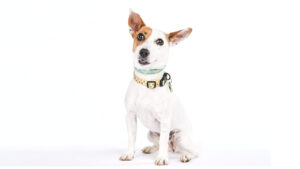Why is My Dog Chewing His Paws? Every dog owner wants to see their furry companion happy and healthy. However, there are times when we notice peculiar habits in our dogs that cause us concern, such as when they start chewing on their paws. I remember how worried I felt when I saw my beloved dog, Max, often busy nibbling on his hind paws with frustration evident in his eyes. The question haunting my mind was: why is he doing this? Is he feeling itchy? Is there something wrong with his health? To answer these questions, I conducted thorough research and consulted with various pet experts. Let’s explore together why our dogs might be chewing on their paws and what we can do to help them.
Common Causes of Dogs Chewing Paws
After consulting with several animal experts, I realized that there are several reasons why dogs may start chewing on their paws. One of them is allergies. Like humans, dogs can also experience allergic reactions to various substances, including food, pollen, or even chemicals in their environment. These allergic reactions can cause intense itching on the dog’s skin, prompting them to scratch or nibble on their paws in an attempt to alleviate the discomfort.
Additionally, skin health issues such as fungal or bacterial infections can also be a cause of dogs chewing their paws. Such infections are often accompanied by other symptoms like redness, moisture, or unpleasant odor on the skin. Dogs experiencing stress or anxiety also tend to exhibit compulsive behaviors like chewing their paws as a way to cope with the tension they feel. In other cases, undiagnosed neurological disorders or illnesses can also be the root cause of this habit.
Steps to Address Paw-Chewing Behavior in Dogs
Upon understanding some common causes behind the paw-chewing habit in dogs, I realized the importance of taking appropriate steps to help address this issue. One of the first steps I took was to consult with a veterinarian to obtain an accurate diagnosis. The veterinarian conducted a physical examination and may have performed additional tests to determine if there were any underlying health problems contributing to the dog’s behavior.
Next, I made sure that my dog’s environment was free from allergens that could trigger allergic reactions. This included paying attention to the food they were given, regularly cleaning the house, and limiting the dog’s exposure to potential allergens in the outdoor environment. Additionally, I also ensured my dog received enough exercise and mental stimulation to reduce their stress levels and anxiety.
It is also important to provide extra attention to the care of the dog’s skin and coat. I made sure to clean and dry their paws thoroughly after they walked in damp or dirty areas. Choosing gentle, non-irritating skin care products also helps keep the dog’s skin healthy.
However, one of the most important steps I took was to start brain training for my dog. Brain training helps stimulate the dog’s mind, giving them challenging tasks and diverting their attention from destructive behaviors like chewing paws. By providing puzzles, interactive games, and other exercises, I saw a significant improvement in my dog’s behavior.
Utilizing Brain Training for Dogs
In my journey to help Max overcome his paw-chewing habit, I discovered a highly effective solution: Brain Training for Dogs. This product offers a brain training program specifically designed to stimulate a dog’s intelligence and help transform negative behaviors into positive ones. I was impressed by the scientific approach used in this program, as well as the success of many other dog owners in achieving significant results.
One of the main advantages of Brain Training for Dogs is its flexibility. The program can be tailored to the needs and skill levels of each individual dog, making it suitable for all breeds and ages. With a wide variety of exercises and games provided, your dog will not only be entertained but will also continue to stimulate their brain and enhance the emotional connection between you and your furry friend.
So, if you’re also facing issues with your dog’s behavior, I highly recommend trying out Brain Training for Dogs. Visit their official website at www.braintraining4dogs.com to learn more about this product and start your journey towards a better relationship with your beloved canine companion. Together, we can help our dogs become happier, healthier, and well-trained.






